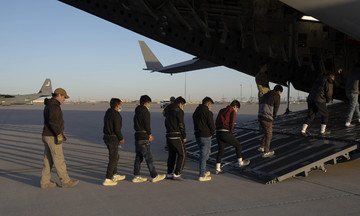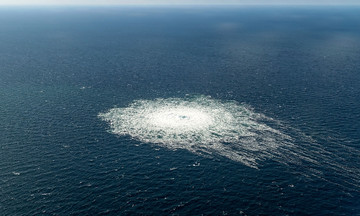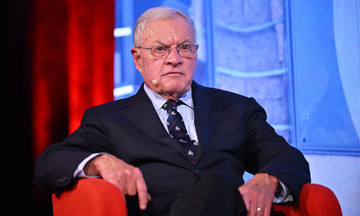On 20/6, Iranian media released images showing security forces uncovering trucks and pickups disguised to transport drones, as well as drone workshops operated by Israeli agents near Tehran and Isfahan. In one clandestine workshop, located in a three-story building near Tehran, Iranian authorities discovered drone and UAV kits ready for assembly.
With such secret UAV bases and a sophisticated spy network, the Israeli Institute for Intelligence and Special Operations (Mossad) has turned Iran into an intelligence "playground," where it manipulates and sabotages its adversary's strategic targets.
According to Fox News, the confrontation between Israel and Iran is not just a series of intense attacks over the past week, but a decades-long intelligence war. In this struggle, Iran's nuclear and ballistic missile programs have been Mossad's primary targets.
Sources indicate Mossad has approximately 7,000 employees and an annual budget estimated at 10 billion shekels (2.73 billion USD). The agency not only gathers intelligence but also conducts sabotage and assassination operations abroad with remarkable precision and effectiveness.
Meanwhile, Iran, with its Islamic Revolutionary Guard Corps (IRGC) and domestic intelligence network, constantly seeks to counter Israeli infiltration. However, recent events suggest Iran faces significant challenges protecting its territory from Mossad's spy network.
An Israeli security source revealed to the Times of Israel that Operation Roaring Lion was the result of years of preparation, involving close coordination between Mossad and the Israel Defense Forces (IDF). Mossad commandos, operating within Tehran, deployed advanced weapons systems and technology to destroy strategic targets.
A video released by Mossad shows agents in black, using night vision goggles, deploying drones at a secret location to attack Iranian air defense missile systems and surface-to-surface missile launchers at the Esfajabad base.
Israeli intelligence agents use drones to attack Iranian air defense positions on 13/6. Video: Mossad
To achieve this, Mossad had to smuggle drones and precision weapon systems into Iran months in advance through commercial transactions with civilian partners. The drones were concealed in disguised crates on trucks, containers, and even suitcases to bypass Iranian security.
In addition, Mossad built a complex spy network, combining advanced technology operated by Israeli agents with the recruitment of local personnel as informants.
In Iran, Mossad primarily relies on "katsa" (intelligence officers) and "kidon" (elite commandos) to run its spy network and carry out dangerous missions. The kidon are believed to be the ones who directly operated the drone systems or complex weapons to attack the Iranian missile complex just before Operation Roaring Lion.
According to Doctor Ori Goldberg, an expert working with the Israeli defense establishment, in addition to such agents, Mossad also recruits many Iranians motivated by financial or political incentives.
A prime example is the assassination of Ismail Haniyeh, Hamas's political leader, at a government guesthouse in Tehran in July 2024. According to Newsweek, Mossad received information about Haniyeh's location at the guesthouse from Iranian bodyguards for 6 million USD.
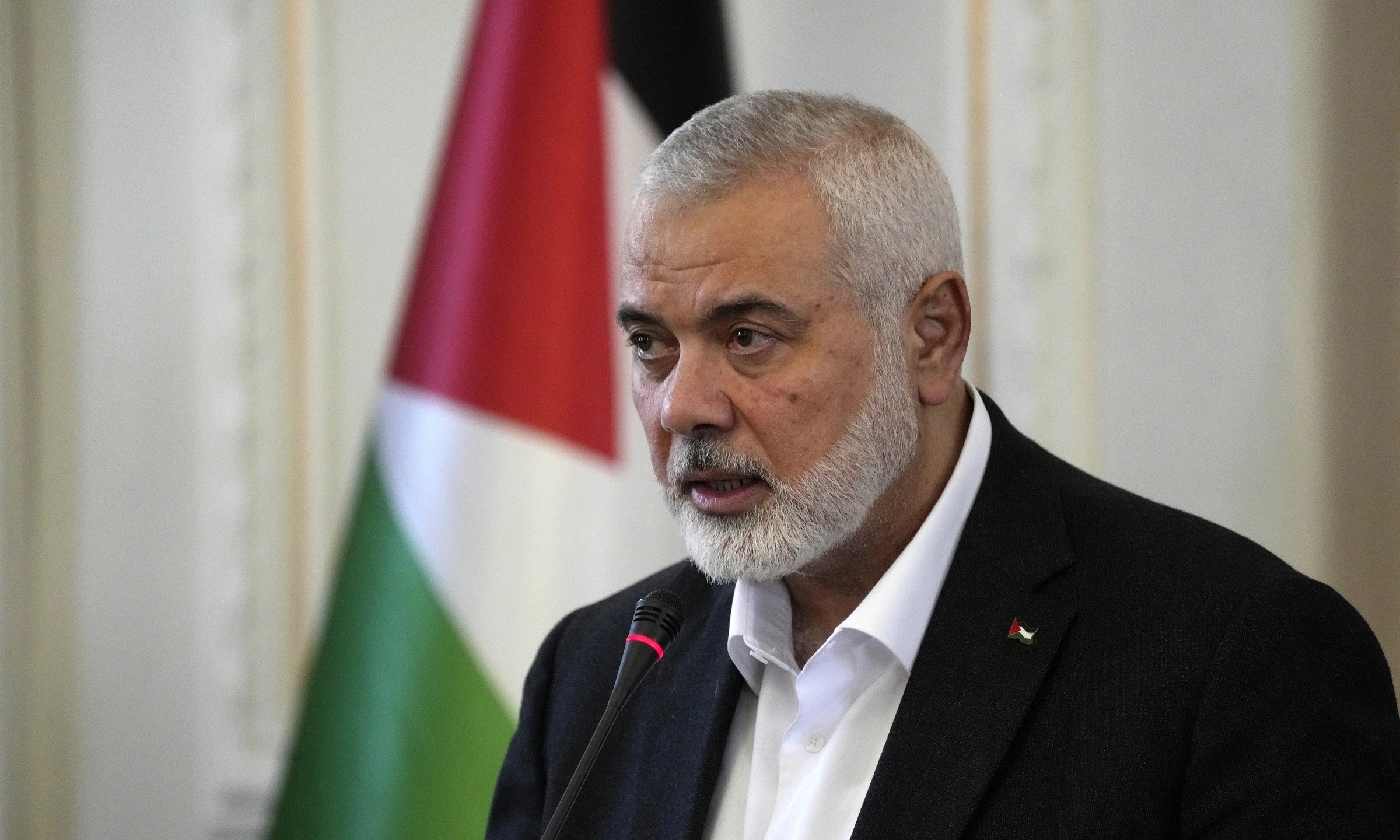 |
Haniyeh in Tehran, Iran in 3/2024. Photo: AFP |
Haniyeh in Tehran, Iran in 3/2024. Photo: AFP
Former Iranian President Mahmoud Ahmadinejad last year said the head of Iran's counterintelligence unit against Mossad had also been recruited, becoming a "double agent" providing information about the nuclear program to Israel.
According to Al Jazeera, a culture of "bribery" has facilitated Mossad's recruitment of individuals with access to sensitive information. Ali Younesi, former Iranian intelligence minister, warned in 2021 that, "over the past decade, Israel's Mossad intelligence agency has infiltrated every structure of the government to the extent that every Iranian official now fears for their life".
Besides financial motives, Mossad also leverages political leverage to recruit Iranian dissidents as spies, including social activists and Kurds. These groups often become Mossad's "unwitting allies" in sabotage campaigns.
Mossad's operations in Iran require long-term, patient work. To execute Operation Roaring Lion, Mossad spent months, even years, preparing. Commando teams were trained abroad before returning to Iran to assemble and operate drone equipment.
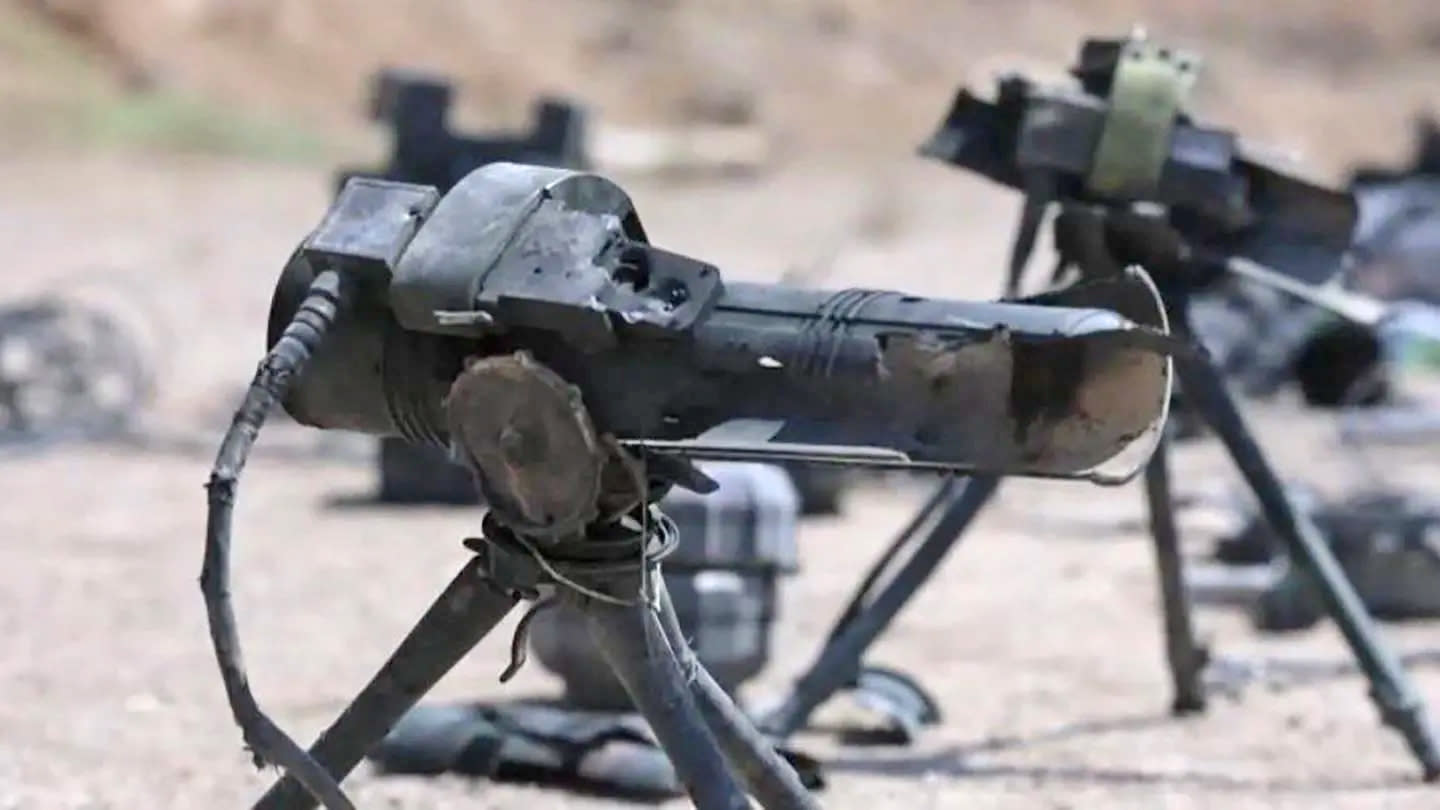 |
A remotely controlled Spike guided missile system left behind by Mossad agents in Iran. Photo: FARS |
A remotely controlled Spike guided missile system left behind by Mossad agents in Iran. Photo: FARS
When Operation Roaring Lion commenced, the extensive preparation and widespread spy network enabled Mossad to destroy dozens of radars and surface-to-air missile systems, allowing Israeli fighter jets to operate freely in Iranian airspace.
Explosive-laden UAVs also precisely targeted ballistic missile launchers, preventing Iran from launching a rapid and effective counterattack.
Israeli security officials revealed to the Wall Street Journal that Mossad commando teams had identified a "bottleneck" in Iran's logistics system: the number of trucks carrying ballistic missiles. Iran possesses a vast missile arsenal, but the number of trucks transporting them to launch sites is limited. By destroying dozens of these trucks, Mossad disrupted Iran's ability to counterattack.
Mossad agents also provided intelligence for Israel to assassinate high-ranking Iranian officers like Major General Hossein Salami and Gholam Rashid, as well as nuclear scientists Mohammad Mehdi Tehranchi and Fereydoon Abbasi. These assassinations not only weakened Iran's military and nuclear capabilities but also sent a strong message of deterrence.
Mossad agents in Tehran launch a UAV attack on an Iranian missile launcher on 13/6. Video: Mossad
Furthermore, Mossad's public release of videos showcasing its agents' activities within Iran has increased fear and insecurity within the country, forcing Tehran to strengthen domestic security measures, thus dispersing its resources.
After the initial surprise, Iran launched counterintelligence operations to thwart Mossad's infiltration. On 16/6, Iranian authorities announced the dismantling of a "secret bomb-making factory for UAVs" in the Rey suburbs, south of Tehran, arresting at least 28 people suspected of spying for Israel.
On the same day, Iran executed Esmaeil Fekri, who was arrested in 2023 for providing information about strategic locations and personnel to Mossad. Analysts believe this was an attempt to bolster Iran's image in the face of the threat from Israeli intelligence. However, it also underscores the severity of the infiltration Mossad has inflicted on Iran.
Phong Lam (Fox News, Times of Israel, Al Jazeera)




